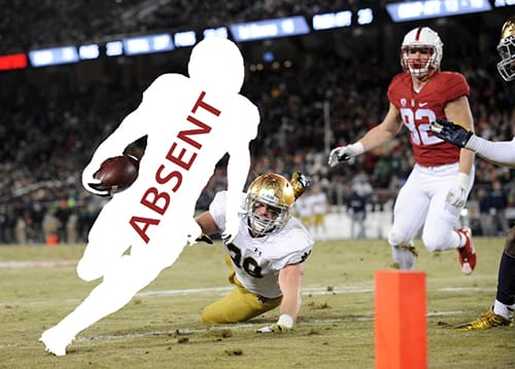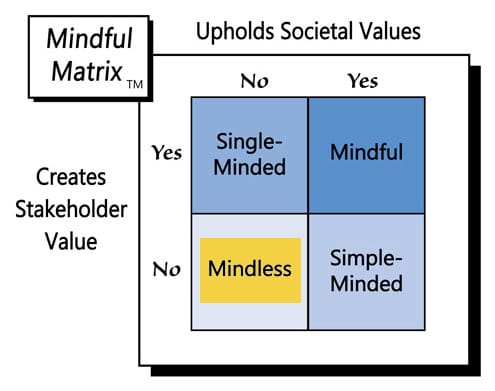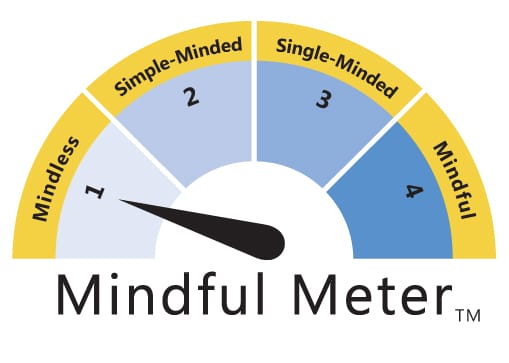Aside from the very few NCAA Division I programs that can compete for a national championship, winning a bowl game is the pinnacle accomplishment for most college football teams. In the past, players, would never miss their bowl games, unless they were kept out, for instance, because of injury, violation of school policy, etc. Furthermore, most elite athletes love to compete. Whether it’s preseason or the playoffs, if there’s a game going on, they want to be part of it.
Why, then, would some of college football’s top players choose to sit out their teams’ bowl games? To understand, one needs to consider the two most notable cases: Running backs Christian McCaffrey of Stanford Leonard Fournette of LSU have opted to sit out of the Sun Bowl and Citrus Bowl respectively, saying they want to start preparing for their likely NFL careers and avoid the risk of injury that comes with bowl game competition.
In its analysis of the 2017 NFL Draft, Sports Illustrated has estimated that Fournette and McCaffrey will be chosen second and third among all eligible running backs. In the 2016 NFL Draft, only one running back was chosen in the first round. He was Ezekiel Elliott, who the Dallas Cowboys took with the fourth overall pick and signed to a four-year, $24.9 million contract. In a recent 2017 NFL mock draft, CBS Sports predicted that the Indianapolis Colts would take Fournette 13th overall, while the New England Patriots might choose McCaffrey with the 31st pick of the first round. However exactly the draft plays out, both young men are looking at sizeable paydays.
Most of us haven’t had the opportunity to land jobs that pay many millions of dollars a year or to reach the pinnacle of our professions while still in our twenties, so we probably shouldn’t be too quick to judge these young men’s decisions. Likewise, football is a dangerous sport in which players often get hurt. Some injuries are minor, but others can end a player’s season or even his playing career.
For example, in the first quarter of the 2016 Fiesta Bowl, Notre Dame linebacker Jaylon Smith suffered serious tears to two knee ligaments, which ended his college career and caused his draft stock to slip from a likely top-five pick to a second round choice, where the Dallas Cowboys selected him. While it’s still questionable whether Smith will ever reprise his former dominance, the Cowboys do expect him to play next season.
All said, it’s understandable that players who have the potential to play football professionally don’t want to take any unnecessary risks. On the other hand, by forgoing their teams’ bowl games, there are other consequences these talented athletes may not be taking into account that could both impact their future football careers and carry significant negative consequences for others.
While these players are safeguarding their physical well-beings, they may not be fully considering how their decisions are shaping their personal brands, which are increasingly important for professional athletes. Others may start to see the bowl-bystanders as individuals who think of themselves first, who are inclined to dial back effort when personally advantageous, and who won’t sacrifice self for the interest of the team. All of these are undesirable reputations, especially when competing in team sports at a professional level. In fact, such perceptions of a player could easily raise red flags for prospective NFL front offices and coaches.
There’s also the impact that the players’ nonparticipation has on others. Division 1-A football teams often have 85 or more players; although, on average about 55 see playing time. Still, that’s many young men depending on others to excel at their positions. With 11 players per side on every down and positions as specialized as left tackle and strong safety, football is in many ways the quintessential team sport, in which substitutions across positions are usually very hard to make.
As mentioned above, most of these elite college athletes want nothing more than to win, especially in the last game of their season, which for some is also the final contest of their football careers. After starting in a Pop Warner league and practicing faithfully throughout middle school and high school, they made it to the top of the college ranks, where they again worked hard for years, for their own love of the game, but also for the benefit of their teammates and schools. The final wish of virtually all of these players is to leave the game on top—to go out a winner, which is not easy when competing against another outstanding team, especially in the absence of one of your team’s best players.
Of course, the football programs and their schools also suffer when they don’t win or they get badly beaten in a bowl game. High school recruits watch these games, which help them decide for whom they want to play. Likewise, although every season is different, bowl selection committees probably remember from year to year which teams tend to bring their ‘A-games’ when invited to play on a national stage. With that consideration also comes the fact that college bowl games are significant sources of revenue for the conferences that participate in them. For instance, conferences receive “$4 million for each team that plays in a non-playoff bowl.”
One also can’t help but wonder what the fate of college football will be if opting out of bowl games becomes a trend. These contests will really lose their luster if more and more top players decide not to participate in them. And, the temptation to sit-out could extend even earlier, for instance, players pulling out of conference championships or final regular season games for similar self-centered reasons. If the level of competition declines, so will fan and advertiser interest, which is the death knell for any major sport.
Given this likely fallout for their teammates and their schools, as well as because they are grateful for the scholarships they’ve received, some players believe they have a duty to play in their teams’ bowl games. One such player is Clemson safety Jadar Johnson, who says:
“A school gives you an opportunity to play football and gives you an education for free, and you’re already worrying about the next level? I just feel like that’s just thinking too far ahead,” he said. “It’s really a privilege to play college football. There’s a lot of people who wish they were in your situation. I’ve got people I played with in high school who didn’t get a chance to play college football at all. They still dream about it every day. They go into work every day dreaming, wishing to play college football.”
“No matter how big the bowl is, that’s still a big game,” he said. “You win that as a team, and you’ll still celebrate it like it’s the biggest game of your career. You just say you don’t want to play in it? That’s not me.”
Johnson, by the way, will be playing in at least one post-season contest this college football season. His second ranked Clemson Tigers take on #3 Ohio State in the PlayStation Fiesta Bowl, one of the semifinal games of the College Football Playoff. Also, CBS Sports predicts that Johnson will be the 11th strong safety chosen in the 2017 NFL Draft.
Most of us market ourselves in one way or another. Elite college athletes about to enter the NFL draft certainly do, which also comes with tough decisions about their football futures. It’s tragic when any one of these young men suffers a serious injury ahead of a promising professional career. However, they also need to consider the consequences their decisions have for their personal brands as well as the impact on many others. For these reasons, the choice to opt out of a college bowl game isn’t a play that’s fair to others; rather it’s a personal foul worthy of a flag for “Mindless Marketing.”
Learn more about the Mindful Matrix and Mindful Meter.
Check out Mindful Marketing Ads and Vote your Mind!




 RSS Feed
RSS Feed